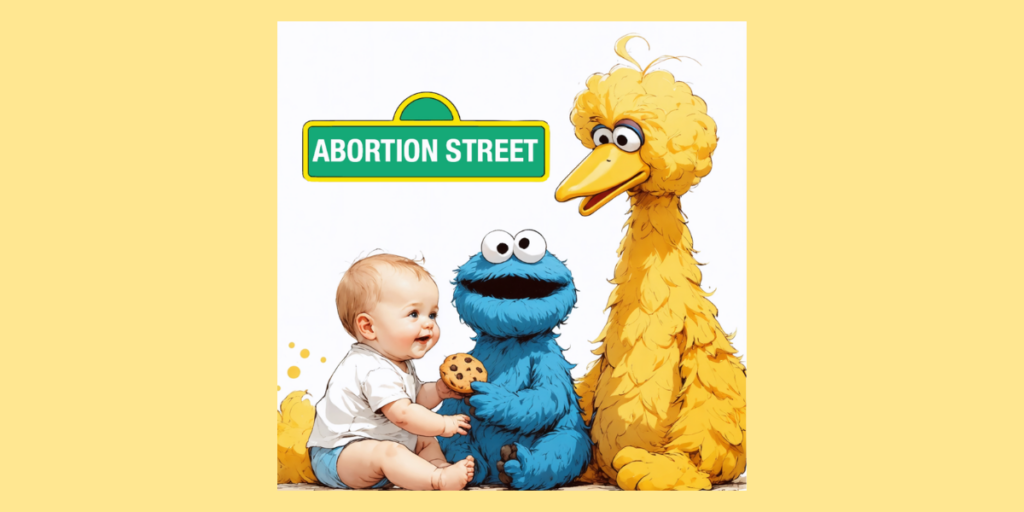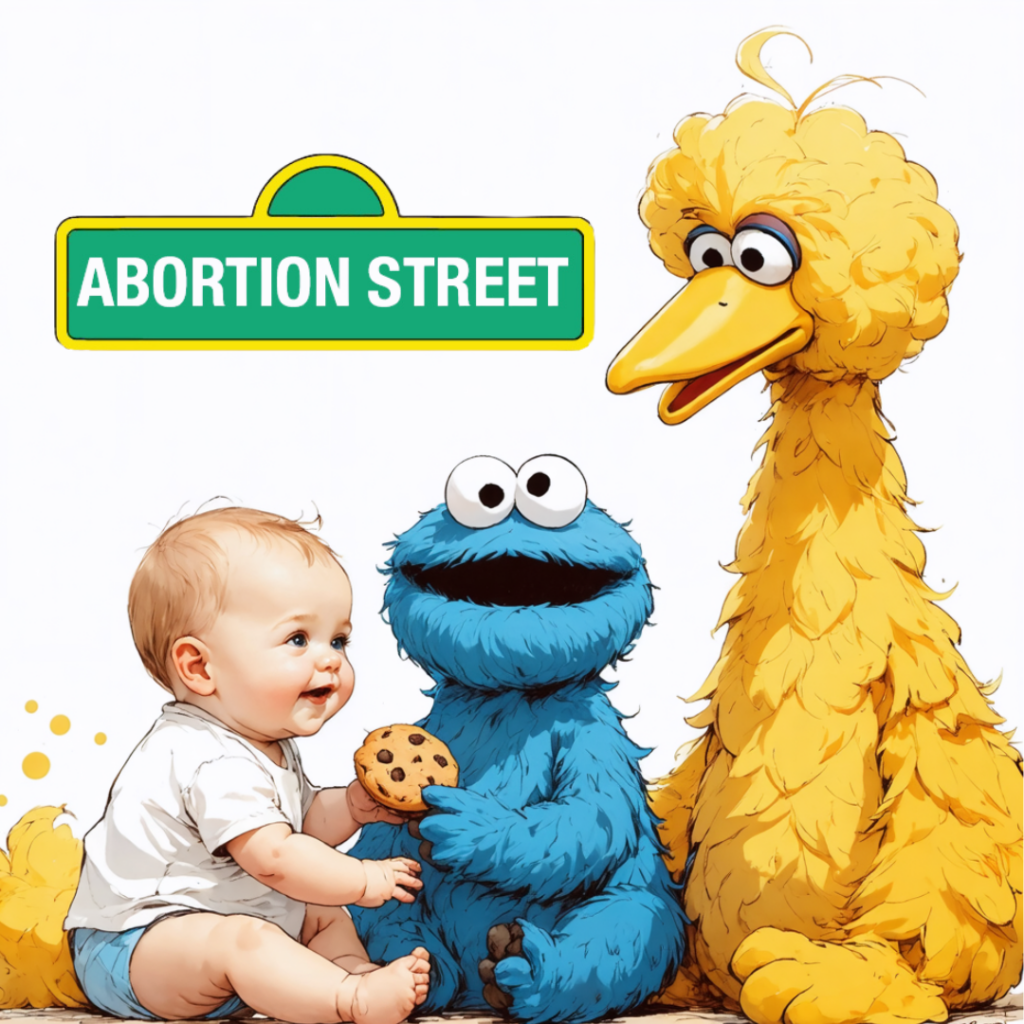
Defunding NPR: Why Abortion Radio No Longer Deserves Our Tax Dollars
Shared by Laura Strietmann, Executive Director of Cincinnati Right to Life, a life-long fan of Sesame Street.
For decades, National Public Radio (NPR) was a familiar, comforting voice in American homes. It gave us programming that nurtured families—shows like Sesame Street, Zoom, and The Electric Company. It was once an institution grounded in educational content and cultural richness, supported by taxpayers who believed in public service broadcasting. But today, NPR has become something entirely different: a megaphone for abortion normalization—a taxpayer-funded engine for what many now call “Abortion Radio.”
This shift became shockingly clear when NPR aired the audio of a live abortion procedure in 2023, allowing listeners to hear the sounds of a preborn child’s life being ended—presented without reflection, remorse, or any balancing voice. It was not just a grotesque moment in broadcast history—it was a clear, intentional choice. NPR chose to strip away the humanity of the unborn and package abortion as routine, normal, and even empowering.
But this wasn’t an isolated incident. The network’s editorial policies explicitly promote abortion-positive language, avoiding terms like “unborn baby” or “late-term abortion” in favor of sanitized, clinical euphemisms. Programs like Embedded explore global abortion access and abortion pills with glowing endorsement. Be careful if you listen to Embedded, it is angering and repulsive all in one.
A recent segment titled “Abortion is becoming more common in primary care clinics as doctors challenge stigma” didn’t just report on the shift—it celebrated it. These stories don’t merely inform; they advocate. They present abortion as health care, as liberation, and as progress when in fact abortion is torture for the preborn baby and completely demeaning and an extreme violation against mothers.

What’s missing from NPR’s abortion coverage? Any sincere representation of the pro-life movement. When do we hear about the courage of a mother who chooses life despite pressure or hardship? Where are the stories of pregnancy centers providing support and hope? Where is the celebration of adoption or the heroic efforts of doctors and nurses caring for both mother and child? If such stories are covered at all, they are buried, minimized, or framed in skepticism. NPR does not report on life-affirming choices—it sidelines them.
In this context, the effort to defund NPR is not only justified—it’s overdue. American taxpayers should not be forced to subsidize a network that promotes abortion as a social good while ignoring the dignity of every human life. At a time when families are struggling and our culture is fractured, we should be funding institutions that bring people together—not ones that amplify a culture of death under the guise of journalism.
Who remembers Toys “R” Us—the beloved toy store that once brought joy to millions of children? When it was revealed that the company had donated to Planned Parenthood, many families were outraged to learn they were unknowingly supporting the destruction of the very children they claimed to serve. The backlash was swift, and within a few years, the once-mighty retailer closed its doors for good. There’s a sobering lesson in that: when a company—or in this case, a media outlet—turns against children and life itself, the public responds. It is long overdue that NPR be defunded for promoting the death of future Sesame Street viewers. A network that once educated and uplifted the youngest among us has traded that mission for an agenda that undermines their very right to exist.
NPR has abandoned its roots. It has turned from family programming to family breakdown, from public service to political advocacy. And if it chooses to be an abortion platform, it should do so on its own dime—not with ours.
Defunding NPR is not about censorship. It’s about stewardship. It’s about drawing a moral line and saying clearly: we will not pay for propaganda that celebrates the destruction of life.
A sincere thank you must go to the House and Senate for voting to defund NPR. The House approved the measure by a razor‑thin margin of 216–213, while the Senate passed it 51–48. As a result, $1.1 billion in federal funding earmarked for NPR and PBS over the next two years has been rescinded from NPR that was established in 1967 through the Public Broadcasting Act. NPR and PBS have consistently faced accusations of political bias from Republicans, with every Republican administration since—except Gerald Ford’s—attempting to reduce their funding, and President Trump repeatedly calling for their complete defunding.
